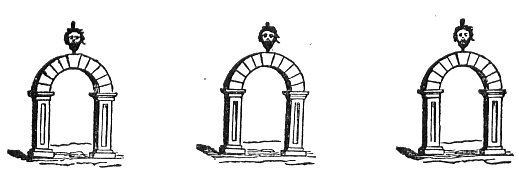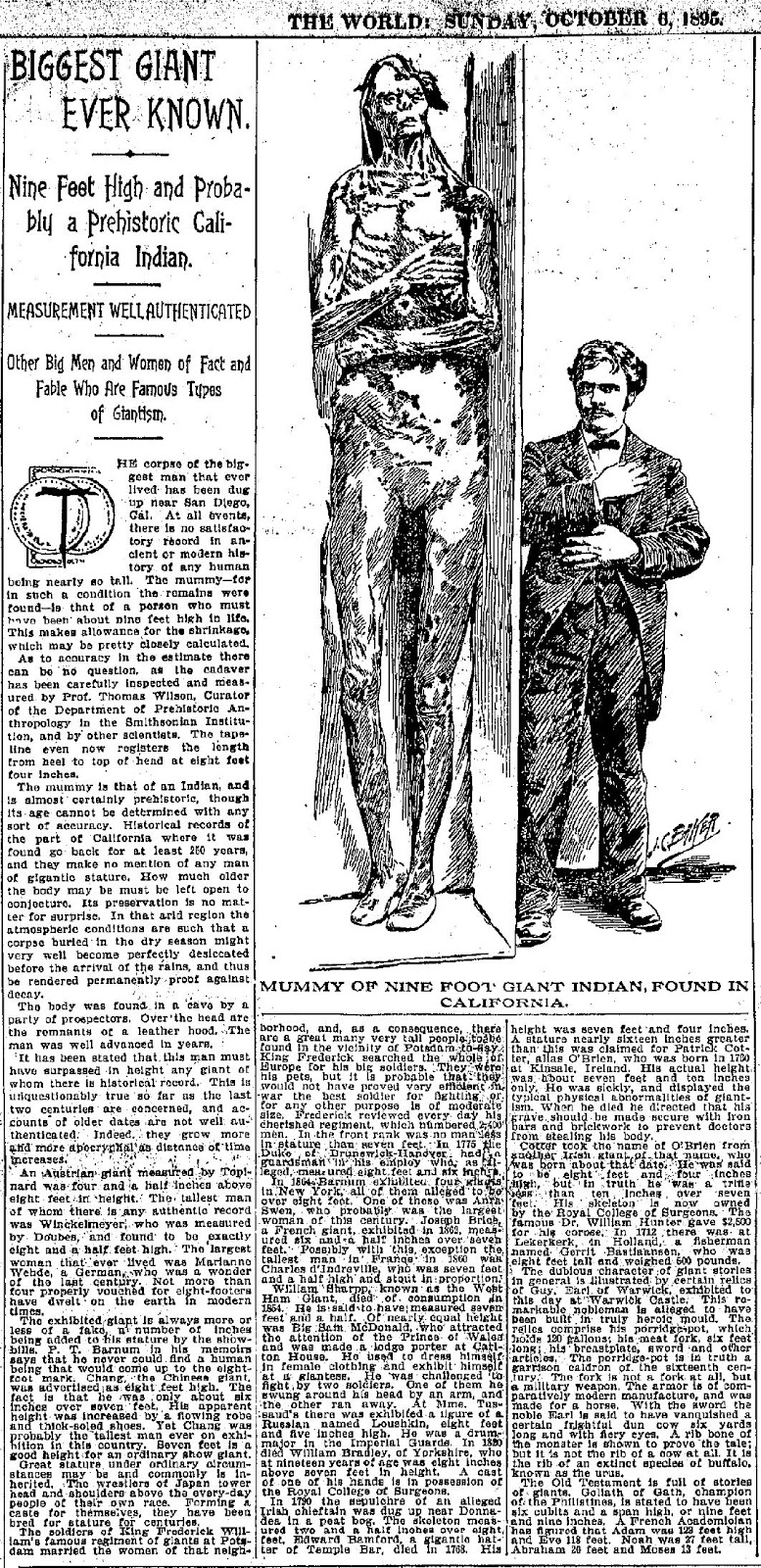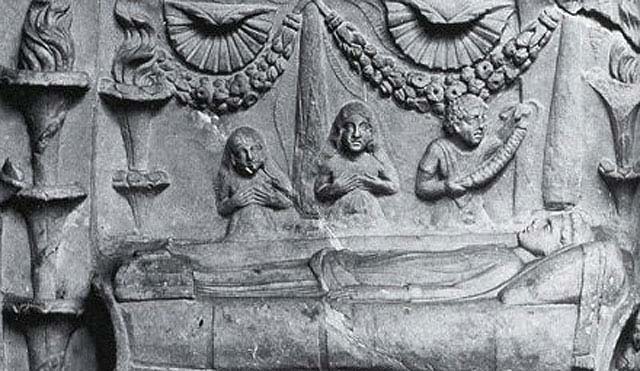Here, in the Lodge, virtue and vice are matters of reflection and feeling only. There is little opportunity here, for the practice of either; and Masons yield to the argument here, with facility and readiness; because nothing is to follow. It is easy, and safe, here, to feel upon these matters. But to-morrow, when they breathe the atmosphere of worldly gains and competitions, and the passions are again stirred at the opportunities of unlawful pleasure, all their fine emotions about virtue, all their generous abhorrence of selfishness and sensuality, melt away like a morning cloud.
For the time, their emotions and sentiments are sincere and real. Men may be really, in a certain way, interested in Masonry, while fatally deficient in virtue. It is not always hypocrisy. Men pray most fervently and sincerely, and yet are constantly guilty of acts so bad and base, so ungenerous and unrighteous, that the crimes that crowd the dockets of our courts are scarcely worse.
A man may be a good sort of man in general, and yet a very bad man in particular: good in the Lodge and bad in the world; good in public, and bad in his family; good at home, and bad on a journey or in a strange city. Many a man earnestly desires to be a good Mason. He says so, and is sincere. But if you require him to resist a certain passion, to sacrifice a certain indulgence, to control his appetite at a particular feast, or to keep his temper in a dispute, you will find that he does not wish to be a good Mason, in that particular case; or, wishing, is not able to resist his worse impulses.
The duties of life are more than life. The law imposeth it upon
p. 152
every citizen, that he prefer the urgent service of his country before the safety of his life. If a man be commanded, saith a great writer, to bring ordnance or munition to relieve any of the King’s towns that are distressed, then he cannot for any danger of tempest justify the throwing of them overboard; for there it holdeth which was spoken by the Roman, when the same necessity of weather was alleged to hold him from embarking: “Necesse est ut eam, non ut vivam:” it needs that I go: it is not necessary I should live.
How ungratefully he slinks away, who dies, and does nothing to reflect a glory to Heaven! How barren a tree he is, who lives, and spreads, and cumbers the ground, yet leaves not one seed, not one good work to generate another after him! All cannot leave alike; yet all may leave something, answering their proportions and their kinds. Those are dead and withered grains of corn, out of which there will not one ear spring. He will hardly find the way to Heaven, who desires to go thither alone.
Industry is never wholly unfruitful. If it bring not joy with the incoming profit, it will yet banish mischief from thy busied gates. There is a kind of good angel waiting upon Diligence that ever carries a laurel in his hand to crown her. How unworthy was that man of the world who never did aught, but only lived and died! That we have liberty to do anything, we should account it a gift from the favoring Heavens; that we have minds sometimes inclining us to use that liberty well, is a great bounty of the Deity.
Masonry is action, and not inertness. It requires its Initiates to WORK, actively and earnestly, for the benefit of their brethren, their country, and mankind. It is the patron of the oppressed, as it is the comforter and consoler of the unfortunate and wretched. It seems to it a worthier honor to be the instrument of advancement and reform, than to enjoy all that rank and office and lofty titles can bestow. It is the advocate of the common people in those things which concern the best interests of mankind. It hates insolent power and impudent usurpation. It pities the poor, the sorrowing, the disconsolate; it endeavors to raise and improve the ignorant, the sunken, and the degraded.

Moe is the founder of GnosticWarrior.com. He is a father, husband, author, martial arts black belt, and an expert in Gnosticism, the occult, and esotericism.








